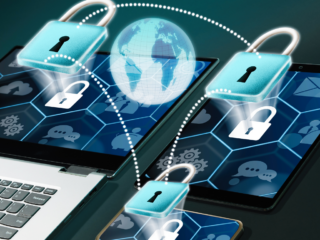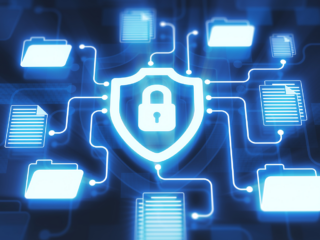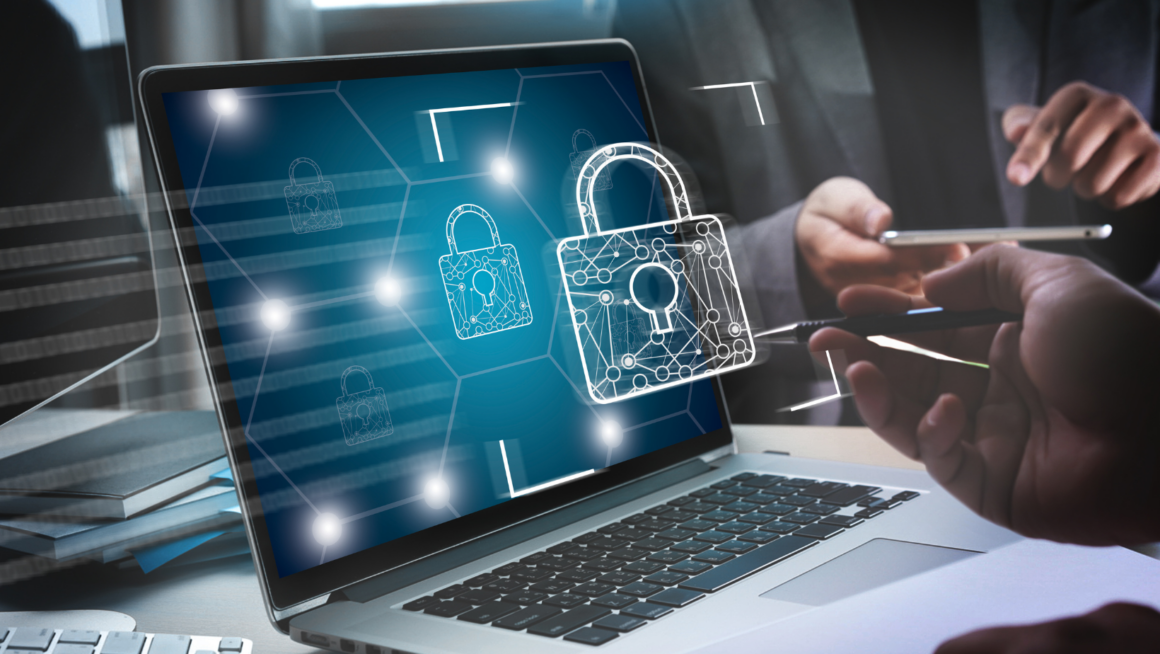For those who provide sensitive information to their customers, such as financial and medical records, getting hacked can mean having an identity stolen, or losing customers and revenue. Hackers can steal passwords and personal data to then sell to other criminals, or use the details to create counterfeit accounts. The best defense against hackers is strong encryption and better security software.
You may or may not know this, but data security is a very important aspect of computer security. Without data security, you cannot be considered a real computer security expert. Everything you do online is private, and your data is your property. And with the rising concern of data theft, the importance of protecting such data has never been greater.
Since you already linked to the content, I’ll give you the introduction. Your data is valuable. No matter how you protect it, if someone gets their hands on it, they’re going to do damage. To prevent this, you need to do two things: 1) create a backup strategy, and 2) update your software if your existing one is out of date. This way, if your data is compromised, you have an avenue to take legal action against the perpetrator.
Have you heard the expression “an ounce of prevention is worth a pound of cure”? That is correct. Prevention is always preferable than treatment, and in the case of data security, this implies that taking measures to keep your data safe can save you time and money in the long run. This article will show you how to safeguard your data by following professional recommendations to provide the greatest possible security.
Expert Data Security Advice
 In today’s society, data breaches are getting increasingly frequent. With so much focus on data security, it’s critical to understand what you can do to safeguard your sensitive information and remain secure.
In today’s society, data breaches are getting increasingly frequent. With so much focus on data security, it’s critical to understand what you can do to safeguard your sensitive information and remain secure.
What would you do if your laptop was taken from your hands? What if a hacker gained access to your personal email account and read all of your messages? This page may be used to check into potential preventive methods. Fortunately, there are many ways to protect oneself against data theft, and these methods are becoming more accessible to the ordinary user.
1. Make Use of Secure Passwords
It makes no difference whether you’re using a home or public computer; a strong password is essential. This implies that passwords should be at least 14 characters long and include capital, lowercase, numerical, and symbolic characters. To make it harder for hackers to get in, the longer the better! A password organizer can help you remember all of your passwords.
2. Don’t Click on Untrustworthy Links
Be on the alert for phishing schemes and suspicious links at all times. These emails are intended to infect your computer with malware, steal your credentials, or mislead you into disclosing sensitive information.
3. Stay away from public Wi-Fi networks.
Public Wi-Fi networks may put you and your data at danger. These networks are less secure than private connections, therefore if at all feasible, avoid them.
4. Check to see whether you have a good antivirus program installed.
It is recommended that you install antivirus software on your computer. This will aid in preventing malware and viruses from infiltrating the system.
5. Make regular backups of your data to avoid data loss.
Backing up data is the greatest method to safeguard it. Back up your files on a regular basis to a remote device, an external hard drive, or the cloud, so that if something goes wrong, you’ll always have a current copy of all of your important data.
6. Be on the lookout for phishing emails and other scams attempting to steal your personal information.
Phishing emails are very prevalent, and it is very simple for individuals to be duped. They often send emails that seem to come from a trusted source, such as your bank or Google email account, but when recipients click on the link inside the email, they are sent to a legitimate-looking website where their login and password are stolen.
7. When possible, use two-factor authentication.
Two-factor authentication is a fantastic method to ensure that no one else has access to your account without your permission. This will need the usage of two distinct items: something in your hand, such as your vehicle or home key fob, and something typed into your phone screen (usually via a fingerprint).
8. Make sure your social media settings are set to private.
You may believe that by making your social media accounts private, only people you accept as followers will see your posts and updates; however, this is not always the case. There are applications that can track down anyone’s information or pictures, even if their privacy settings are set to “private.”
9. Make Your Hard Drive Encrypted
One of the most effective methods to safeguard your data is to encrypt your hard disk. It’s a quick and easy procedure that makes it almost difficult for anybody who doesn’t have permission or access to get access without your knowledge.
10. Make a backup of your data on an external storage device.
 Making ensuring your data can be backed up is one of the most essential aspects of data security. This should always include pictures, movies, and any other data on your smartphone in case they are accidentally deleted or if your device has a hardware breakdown.
Making ensuring your data can be backed up is one of the most essential aspects of data security. This should always include pictures, movies, and any other data on your smartphone in case they are accidentally deleted or if your device has a hardware breakdown.
In today’s world, data theft is a very serious danger. Fortunately, there are many ways to protect oneself against data theft, and these methods are becoming more accessible to the ordinary user. If you want to start safeguarding your data, it’s a good idea to study some professional recommendations that will keep your information secure from prying eyes, whether it’s phishing schemes or hackers attempting to steal passwords using malware.
For the past few years, we’ve been hearing stories of hackers and criminals compromising companies and individuals, stealing valuable information and voicemails, and overall wreaking havoc on their lives and the lives of their friends and family. The common denominator in all of these stories is that the hackers or criminals, along with their friends and associates, did something wrong: they got access to someone’s personal information and failed to protect it.. Read more about why is it important to keep personal information private and let us know what you think.
Related Tags
- how to protect your data and identity online
- how we protect your data
- protecting personal information in the workplace
- my tips in securing personal data
- how to protect my data from hackers



